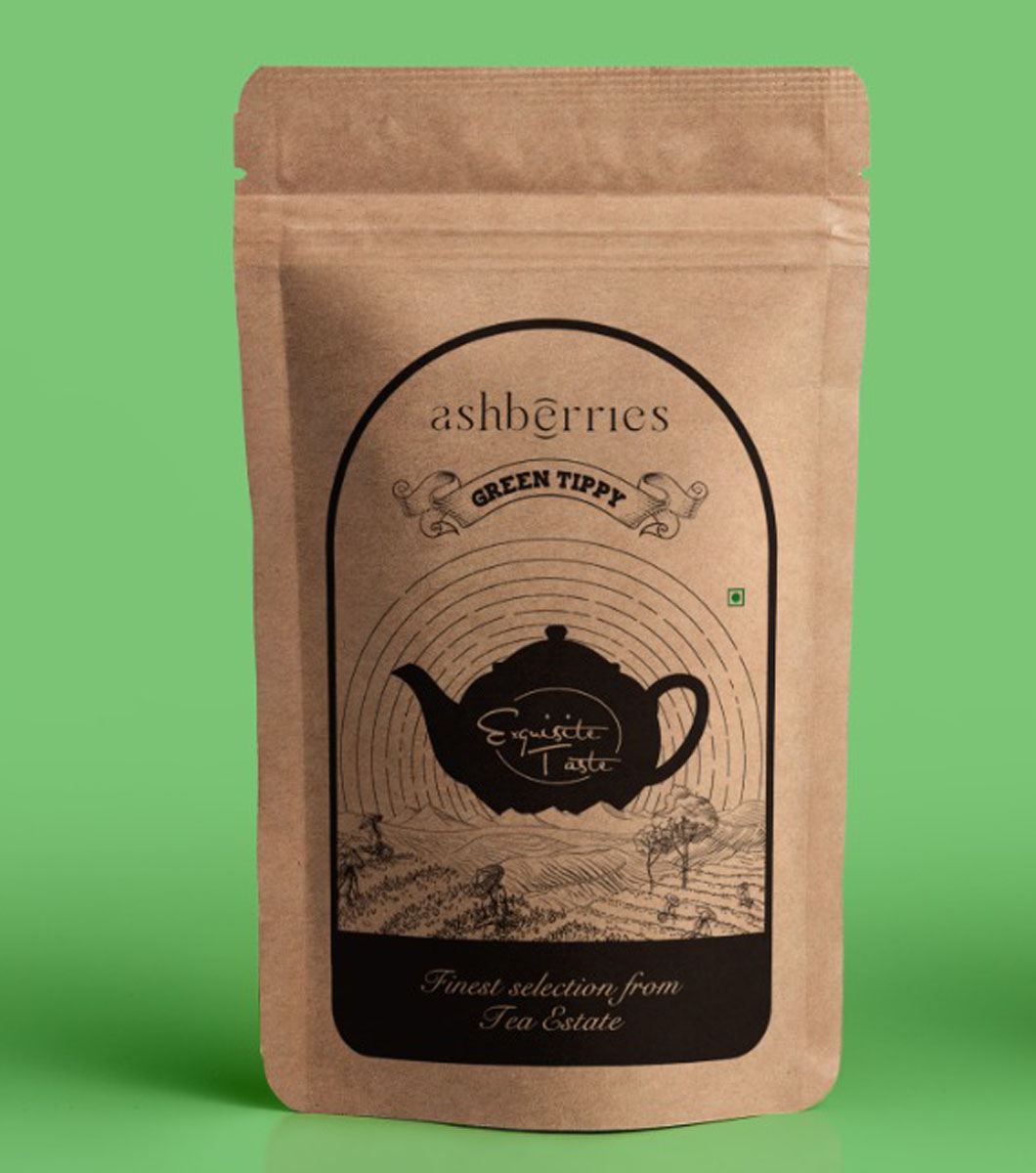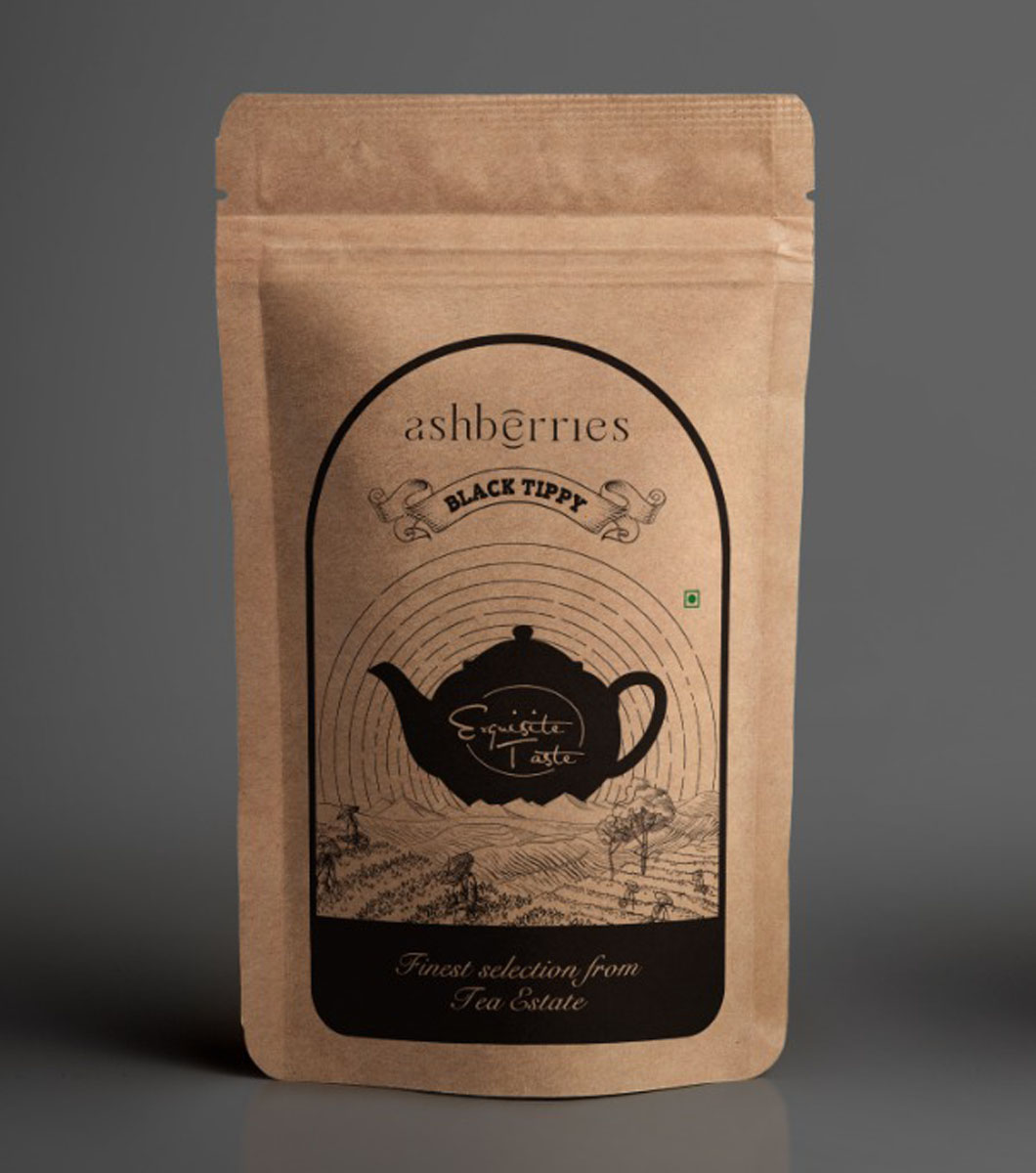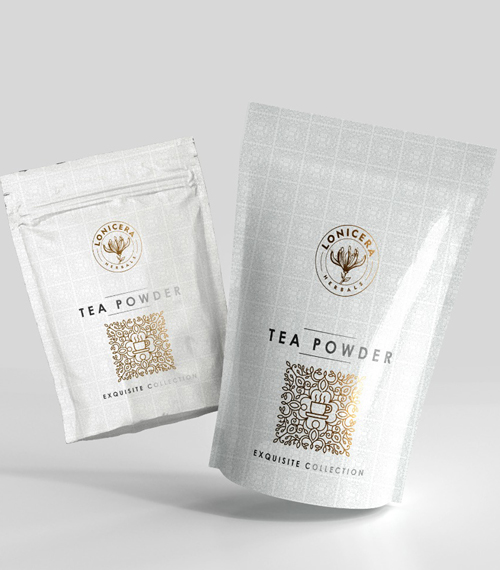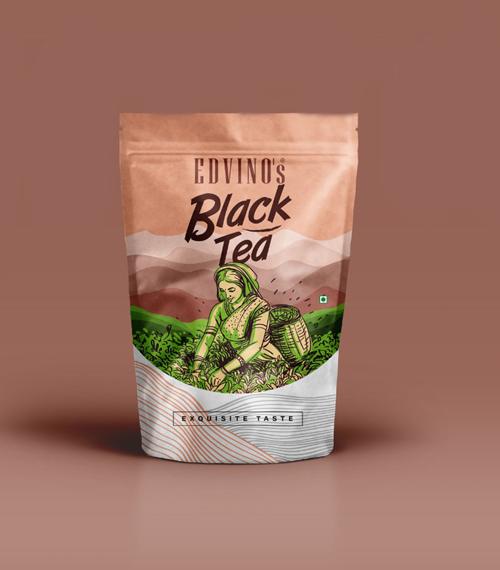ENLIGHTEN WITH ASHBERRIES

How about having a cup of tea? which nourishes our brain with caffeine and brings alertness to the brain. Relief to the mood elevation and stress can be observed within a teaspoon of royal secret.
Herbal teas have been a long-established way of bringing calm to daily life. Why we are preferring our herbal teas to you? Because they contain a blend of herbs, spices, fruits or other plants in addition to tea leaves. Herbal teas don’t contain caffeine, which is why they’re known for their calming properties.

INTRODUCTION ON TEA
Tea is one of the most common beverages across the globe. It is usually naturally derived from tea plants. However, herbal tea is brewed from dried fruits, flowers, spices, or herbs. At the same time, true tea varieties include green tea, black tea, and oolong tea. They differ from herbal teas as they brew from the leaves of the Camellia sinensis plant.
Tea comes in various flavours and textures, making it an appealing substitute for sweetened beverages or water. In addition, a lot of these tea varieties are beneficial for health and have a pleasant taste. For example, people use many tea varieties to treat various diseases.
Tea has numerous health benefits. The flavonoids present in tea are responsible for many of its health benefits. Flavonoids are a class of compounds with significant antioxidant qualities and free radical damage.
Catechins are a type of flavonoid naturally present in tea. It controls blood pressure, helps control weight loss and improves brain health. In addition, they have anti-inflammatory, antioxidative, and anti-bacterial properties. Intake of catechins-rich foods with the prevention and treatment of chronic diseases like inflammatory bowel disease (IBD).


Tea has protective effects against cardiovascular disease. It helps lower blood pressure and positively affects blood lipids, glucose, and body weight. In addition, experimental studies and human intervention studies suggest that tea has anti-inflammatory, anti-thrombotic, and anti-proliferative effects and may improve the function of the vascular endothelium.
Green tea is best known for being richer in vitamins than other beverages. Green tea, high in vitamins, is beneficial to your health when consumed regularly. That makes it the preferred choice for people suffering from a lack of vitamins.
Caffeine, theobromine, and theophylline are the most well-known compounds of the methylxanthines family. They are naturally present in tea leaves, yerba mate, coffee beans, cocoa beans, kola nuts and guarana berries. Moreover, caffeine is probably the most broadly consumed central nervous system stimulant globally. Tea also contains caffeine, which results in enhanced alertness. In addition, caffeine bears a stimulant impact on the central nervous system (CNS); therefore, it can prevent fatigue and boost mental or physical performance.
Caffeinated and herbal tea variants contain minerals like potassium, phosphorus, magnesium, sodium, copper, and zinc.
DIFFERENT TYPES OF TEAS
Black Tea
Black Tea
Black tea is withered, fully oxidized and dried. Black tea commonly yields a hearty, amber-colored brew. Some of the most popular types of black teas are bold breakfast teas and Darjeelings.
Green Tea
Green Tea
Green tea production endeavors to avoid the oxidation of the tea leaves, in order to retain its natural green color and fresh flavor. This type of tea has a more delicate flavor than black tea and often brews up pale green or golden in color.
Oolong Tea
Oolong Tea
Oolong tea is produced mainly in China and Taiwan and is only partially oxidized. This type of tea can range from tasting similar to a fresh green tea, The flavor can vary widely, depending on where the tea leaves are grown and how the tea is made.
White Tea
White Tea
Originally from China, white tea is simply withered and dried, causing a very light oxidation. Its flavor is most similar to that of green tea, but is usually more creamy, soft and sweet.
Pu-erh
Pu-erh
Pu-erh is tea that has been fermented, often stored underground for several years. Traditionally, pu-erh is compressed into round cakes and can be very expensive.
Yellow Tea
Yellow Tea
Yellow tea is the rarest type of tea. It is similarly processed to green tea, but is more slowly dried to make the leaves take on a yellow color. The taste of the tea is mild, often described as being somewhere between white and green tea.
Herbal Tea
Herbal Tea
Herbal tea is simply the combination of boiling water and botanicals like fruits, flowers, barks, herbs, mints, spices, roots, berries and seeds.
(i)Yerba Mate & Guayusa
Yerba Mate and Guayusa are naturally caffeinated herbal infusions from South America. They are treasured for their unique balance of caffeine and smooth, energizing effect. Yerba Mate is herbaceous, vegetal and grassy with a bittersweet flavor, while Guayusa has an earthy, rich, naturally smooth taste and a slightly sweet finish.
(ii)Fruit teas
Fruit teas are made from natural unprocessed fruits. They are naturally sweet but do not have the overpowering sweetness of sugar. Fruit teas are high in antioxidants and vitamin C and do not contain any caffeine, making them ideal for drinking before going to bed. They can also be drunk as iced tea, making them a healthy alternative to fizzy drinks and even some fruit juices.
Example: Moringa Passion Fruit which contains apple bits, raisins, carrots, beetroot, candied pineapple, candied papaya, natural flavouring, moringa leaves & lemon peel; and Golden Pear which contains dried apple, pear, rose blossoms, vanilla pieces, and natural flavours.
(iii)Flower teas
In addition to their wonderful aroma and natural beauty, a lot of flowers have therapeutic properties and calming effect.
One of the most common herbal tea made out of flowers is Camomile tea which is made of dried camomile flowers and is proven to be an effective antioxidant.
Another example is the Blue Butterfly Pea Flowers made of gorgeous blue flowers are grown in Thailand and are full of antioxidants (anthocyanin). Adding a few drops of lime juice to this tisane turns the blue into a beautiful purple.
(iv)Leaf teas
Leaves of some non-tea plants make excellent herbal tea.
Examples include Yerba Mate which is made from the leaves of the holly tree of the South Amerian rain-forests and one of the few herbal teas that have the caffeine content of Arabica coffee. Another very popular herbal tea made out of non-tea leaves is Rooibos tea. Grown exclusively in South Africa, the leaves of the Rooibos plant turn red after processing and is caffeine-free.
(v) Lemon Balm Tea
Lemon balm tea has a mild, lemony taste and benefits your health. Drinking lemon balm tea improves the elasticity of the arteries of our bodies. Stiffness in arteries is one of the leading causes of severe health issues like heart disease, stroke, and cognitive dysfunction. Stiff arteries interrupt a smooth blood flow in the body. It further makes it challenging for the heart to pump blood.
BENEFITS OF TEA
Natural substances, called polyphenols, are found in both caffeinated and herbal teas. These substances are antioxidants, compounds that may help reduce the risk of certain chronic diseases.
During processing, some of the polyphenols in tea are destroyed. Thus, tea powders, decaffeinated teas and bottled tea drinks may not offer the same health benefits. Additionally, research suggests that green teas offer a greater antioxidant punch compared to most other varieties. Tea can be part of a healthy eating pattern. For the most powerful punch, steep your own tea and be mindful of how it is sweetened in order to limit sources of added sugars.
Tea drinkers may be helping to keep their hearts healthy. Some research has shown a reduced risk of heart disease in people who drink green or black tea regularly; although the findings have been mixed in terms of tea’s effect on lowering cholesterol and blood pressure. The catechins in green tea may help to keep blood sugar in check, reducing the risk for developing Type 2 diabetes. However, these findings have mainly been based on practices in other countries and not repeated in clinical trials.


BENEFITS OF BLACK TEA
A key area of interest is black tea as a source of antioxidants. Antioxidants help combat free radicals. Free radicals are unstable molecules in the body that result from both natural processes and environmental pressures.The body can remove free radicals, but if too many build up, they can damage or change cells in the body.These changes can contribute to the development of many diseases and conditions, such as atherosclerosis and some cancers.
Atherosclerosis refers to a buildup of plaque in the walls of arteries. This can lead to coronary heart disease, stroke, and chronic kidney disease. Free radicals can contribute to this condition. In particular, black tea may help reduceTrusted Source the risk of skin, breast, lung, and prostate cancers.
Consuming black tea also appeared to cancel out the impact of a high fat meal on blood pressure.consuming tea might help reduce the risk of diabetes. Black tea might help improve bone density, reduce the risk of rheumatoid arthritis, and protect against Parkinson’s disease.
BENEFITS OF GREEN TEA
A key area of interest is black tea as a source of antioxidants. Antioxidants help combat free radicals. Free radicals are unstable molecules in the body that result from both natural processes and environmental pressures.The body can remove free radicals, but if too many build up, they can damage or change cells in the body.These changes can contribute to the development of many diseases and conditions, such as atherosclerosis and some cancers.
Atherosclerosis refers to a buildup of plaque in the walls of arteries. This can lead to coronary heart disease, stroke, and chronic kidney disease. Free radicals can contribute to this condition. In particular, black tea may help reduceTrusted Source the risk of skin, breast, lung, and prostate cancers.
Consuming black tea also appeared to cancel out the impact of a high fat meal on blood pressure.consuming tea might help reduce the risk of diabetes. Black tea might help improve bone density, reduce the risk of rheumatoid arthritis, and protect against Parkinson’s disease.

